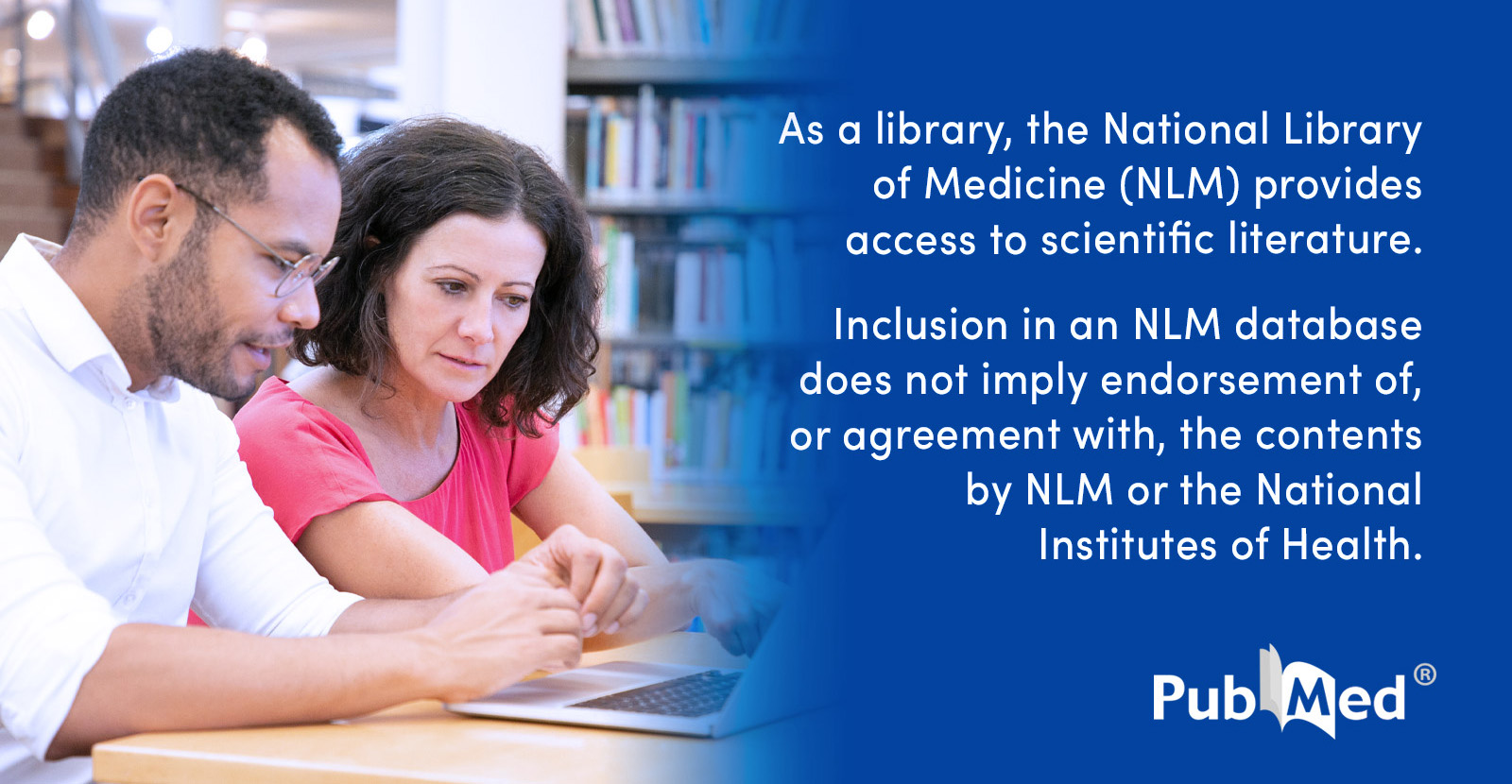Timing of Anticoagulation in Atrial Fibrillation Status Post Cardioembolic Stroke.
Autor: Core, Ashley; Pinner, Nathan; Bethea, Brittany; Starr, Jessica A.
Publication year: 2020
Journal of pharmacy practice
issn:1531-1937 0897-1900
doi: 10.1177/0897190019825577
Abstract:
BACKGROUND: Anticoagulation is the mainstay of secondary stroke prevention in patients with atrial fibrillation; however, few studies have assessed the optimal timing for initiation of anticoagulation post cardioembolic stroke. In the 2 weeks following an acute cardioembolic stroke, the risk of recurrent stroke is as high as 8%, but this risk must be balanced against the risk of hemorrhagic transformation with early initiation of anticoagulation. PURPOSE: This study described the time to initiation of anticoagulation and evaluated the in-hospital incidence of hemorrhagic and ischemic complications in 106 patients with atrial fibrillation post an acute cardioembolic stroke. METHODS: A single-center retrospective cohort study was conducted to describe the time to initiation of therapeutic anticoagulation in patients with atrial fibrillation admitted to the hospital for an acute cardioembolic stroke. The primary outcome was the time to initiation of anticoagulation from the time of stroke onset. Secondary outcomes included the incidence of in-hospital hemorrhagic and ischemic complications. RESULTS: The median time to initiation of anticoagulation was 59.5 hours after stroke onset for those who did not receive thrombolytic therapy and 82.6 hours for those who did received thrombolytic therapy. Out of 100 patients initiated on anticoagulation, no ischemic complications were observed. Four patients experienced a hemorrhagic conversion following initiation of anticoagulation. In 3 of these patients, anticoagulation was initiated within 48 hours of stroke onset. CONCLUSION: A small percentage of patients experienced an in-house hemorrhagic conversion when anticoagulation was initiated between 48 hours and 7 days.
Language: eng
Rights:
Pmid: 30704323
Tags: Humans; Retrospective Studies; Anticoagulants/adverse effects; stroke; anticoagulation; atrial fibrillation; *Atrial Fibrillation/complications/drug therapy/epidemiology; *Embolic Stroke; *Stroke/epidemiology/etiology/prevention & control; initiation; timing
Link: https://pubmed.ncbi.nlm.nih.gov/30704323/








